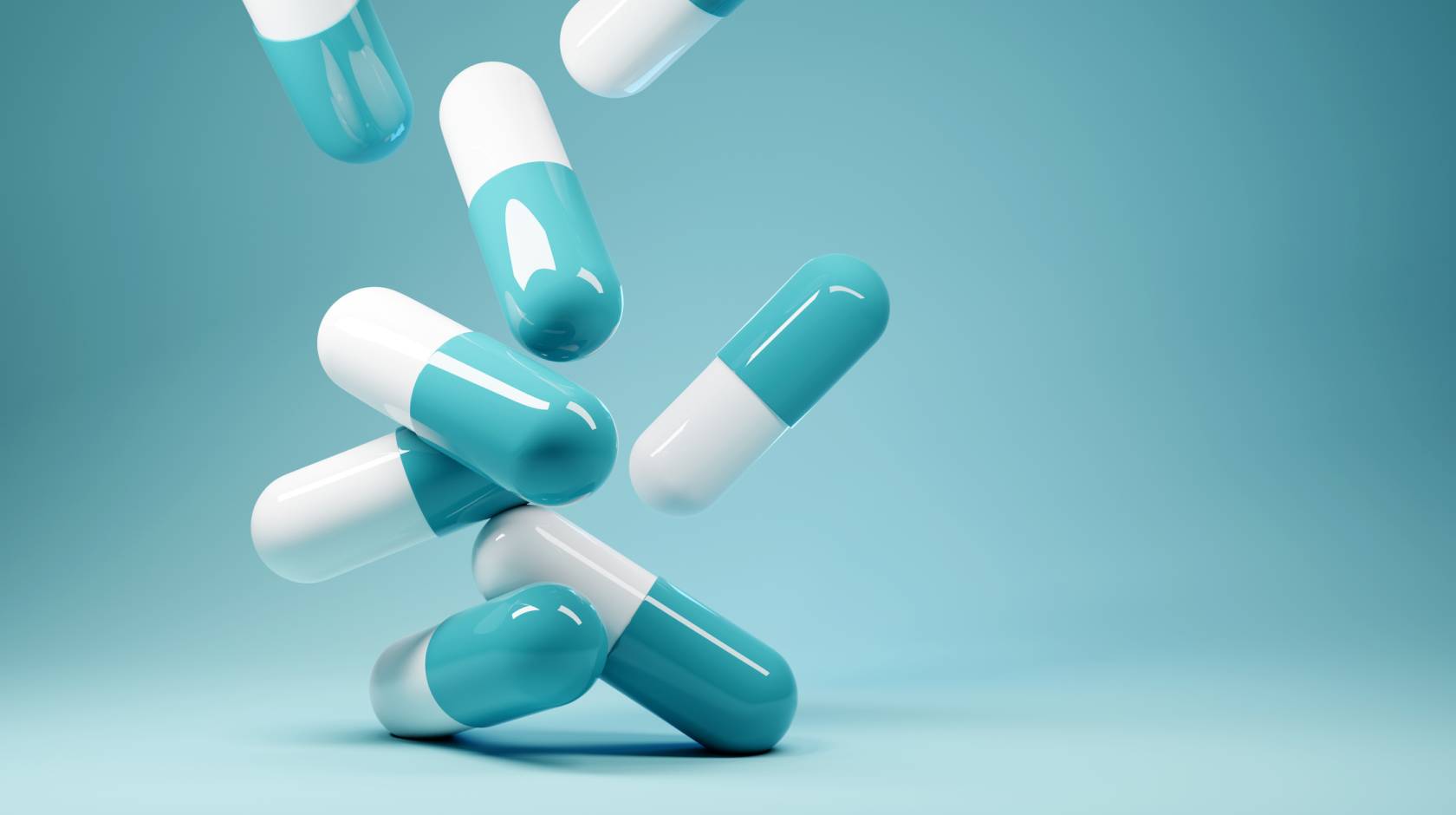Workshops
This workshop is tailored to healthcare professionals seeking to delve into the latest advancements in imaging diagnostics specifically for pediatric medical emergencies. Through a combination of lectures, case studies, and hands-on training, participants will gain comprehensive insights into cutting-edge imaging technologies and their application in pediatric emergency care.
The workshop will cover a wide range of topics including but not limited to:
- Advanced radiological modalities such as MRI, CT, and ultrasound in pediatric emergency diagnosis.
- Interpretation of imaging findings in common pediatric emergencies including trauma, neurological emergencies, respiratory distress, and abdominal pain.
- Best practices and protocols for optimizing imaging studies while minimizing radiation exposure in pediatric patients.
- Emerging trends and innovations in pediatric emergency imaging.
Led by expert faculty with extensive experience in pediatric radiology and emergency medicine, participants will have the opportunity to enhance their skills in accurately interpreting imaging studies, making timely clinical decisions, and providing optimal care to pediatric patients in emergency settings.
This workshop is designed for radiologists, pediatricians, emergency physicians, radiology technologists, and other healthcare professionals involved in the care of pediatric patients. By attending this workshop, participants will stay at the forefront of pediatric emergency medicine, ultimately improving outcomes for children in critical situations.
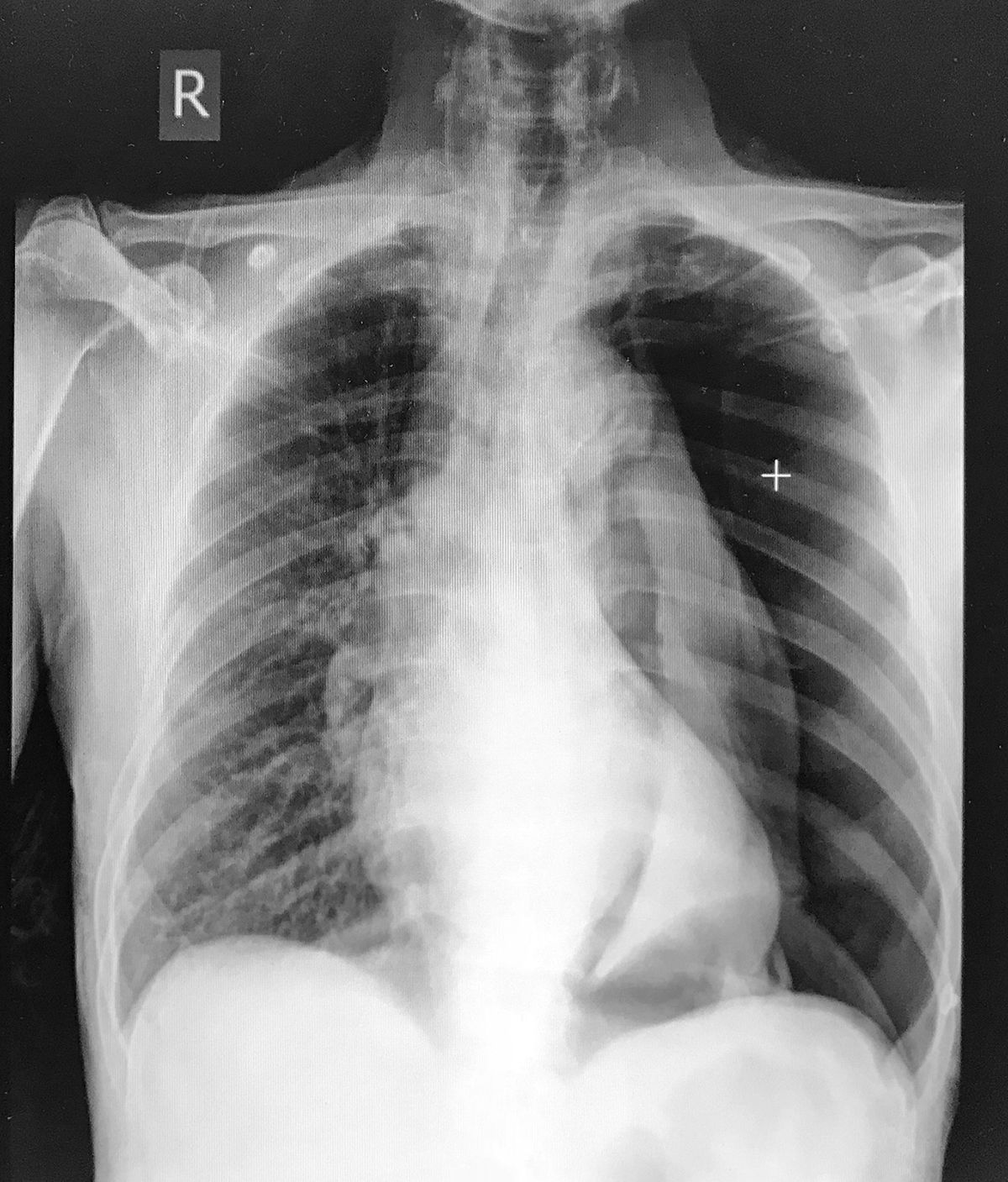
Familiarization of students with domestic and imported dermato-cosmetic preparations, currently present in pharmacies in the Republic of Moldova, used to treat skin diseases.
Knowledge of dermato-preparations from the "Vasile Procopișin" University Pharmaceutical Center and preparation of soft magistral pharmaceutical forms, according to the prescriptions of doctors from medical institutions in the country.

Acquiring laboratory techniques for the preparation of tablets and hard gelatin capsules containing rivaroxaban. Argumentation of the selection of auxiliary substances resulting from the physico-chemical properties of the active substance and the manufacturing method.
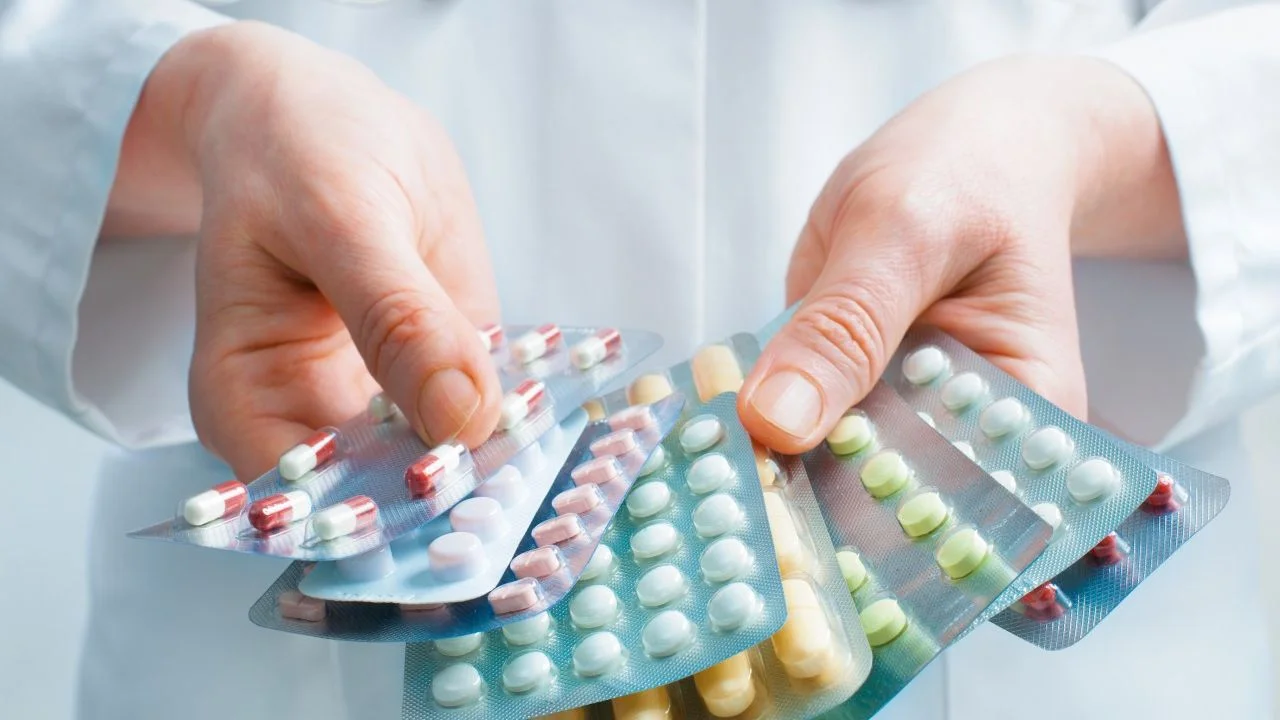
Students of the Faculty of Pharmacy, study years III, IV, V, and residents will study the concept of therapeutic dose in more detail which is an important element in the rational use of the drug in outpatient settings, predominantly of medicines that are indicated for risk categories of patients, such as children. The workshop focuses on the presentation of the methods for calculating the doses by the patient's characteristics, which will be put into practice in the form of case studies. The duration of the workshop is 2 hours and will take place in the pharmaceutical museum, Vasile Procopișin Department of Social Pharmacy, 2nd floor, N. Testemițanu Street,
no. 22 (on the premises of the Vasile Procopișin University Pharmaceutical Center)
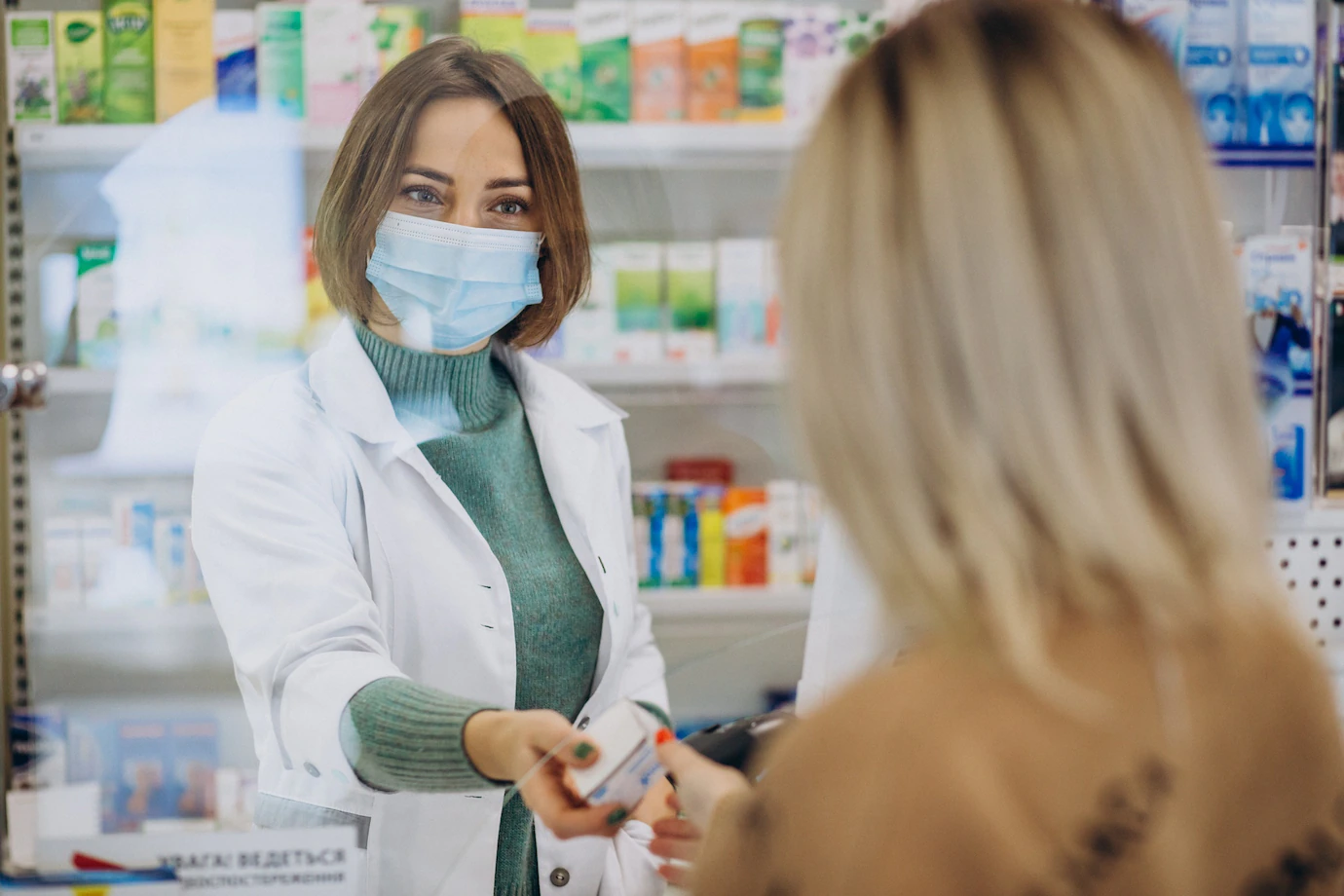
The workshop will teach the methodology for calculating antibiotic consumption, using as a tool: the DDD (Defined Daily Dose), which is the standard unit of measurement recommended by the World Health Organization for research studies on drug use. Knowledge of this methodology is imperative, as pharmacists are integral to the accurate calculation and application of Defined Daily Doses. Their involvement in drug information management, collaboration with healthcare providers, monitoring of medication utilization, and commitment to quality assurance contribute to the reliability and usefulness of DDD data in healthcare settings.
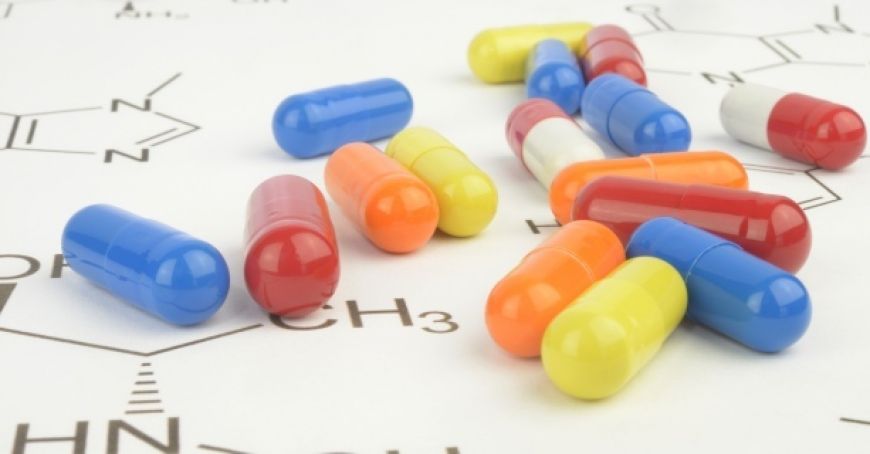
Workshop: Medicinal plants with essential oils in phytotherapy from the collection of the SPCMP of the Nicolae Testemitanu SUMPh - aims to familiarize students with the diversity of species rich in essential oils from the collection of the Scientific Practical Center of Medicinal Plants of the Nicolae Testemitanu SUMPh, with the techniques of harvesting, identification of plant products and obtaining infusions rich in essential oils.
At the same time, an assortment of essential oils will be analysed according to organoleptic characteristics (colour, odour, transparency, taste); determination of numerical indices (refractive index) according to pharmacopoeia requirements. The extraction techniques of essential oils and phytotherapeutic products will be evaluated

Drug Interactions and Incompatibilities
It is often tempting to mix two or more drugs in one syringe or one vial. Incompatibility of drugs when mixed is often detected due to gas formation or color detection. Nutrient incompatibilities between drugs are dangerous. Knowledge of the facts of the chemical composition of the product, the specific acid-base balance associated with ionization/non-ionization and water solubility, as well as the results of pH measurements and chemical ranges established in USP monographs and product labels provides the basis for drug incompatibility examination. Caution should be exercised when disposing of injection solutions, especially when solid drugs with opposite charges act in relatively high concentrations or when dilution of non-ionized dosage forms results in pH values greater than 1%.
